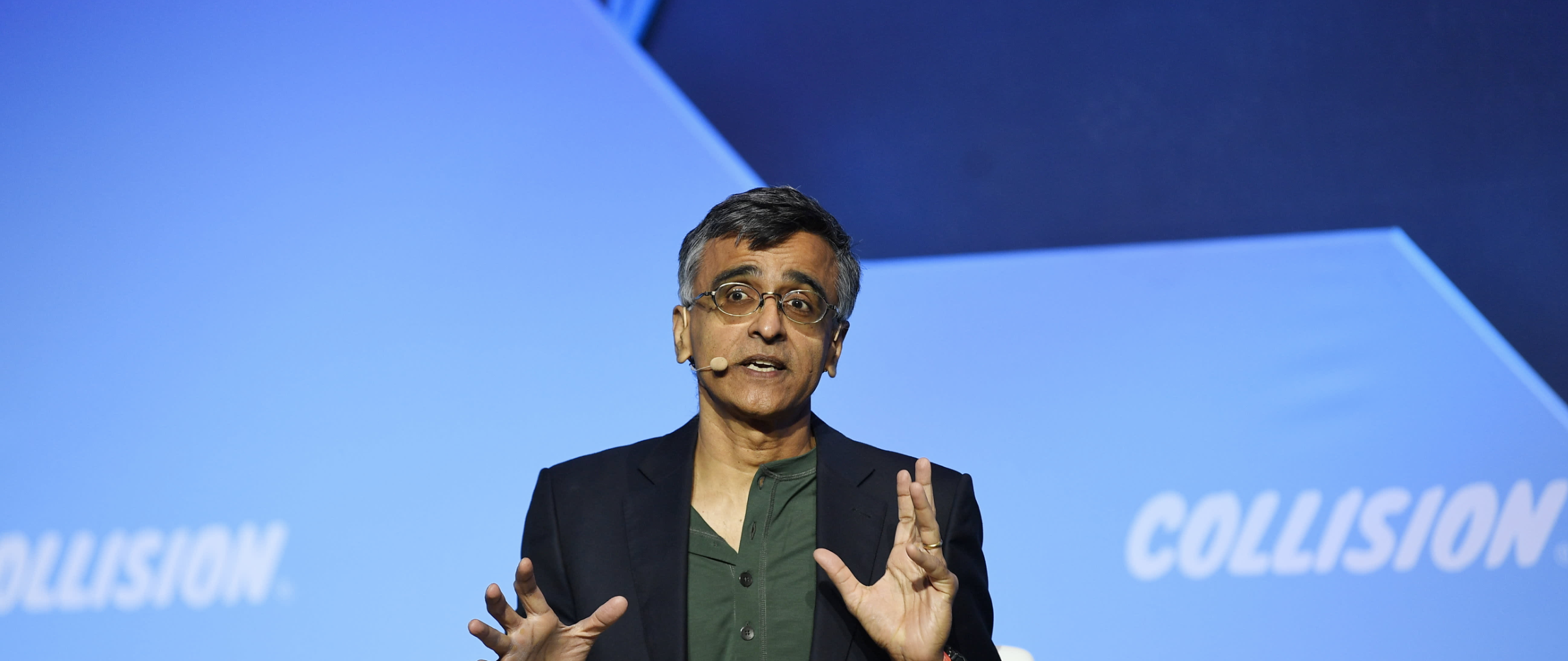"There has been some progress in lowering inflation, but there are still multiple inflationary forces in front of us: large fiscal deficits, infrastructure needs, trade restructuring, and global remilitarization," Dimon said in a statement accompanying the bank's second-quarter results. "Therefore, inflation and interest rates may stay higher than the market expects."
His comments come as data released this week revealed that the monthly inflation rate fell in June for the first time in more than four years, fueling speculation that the Federal Reserve could drop interest rates soon.
The consumer price index, a comprehensive measure of the expenses of goods and services across the US economy, fell 0.1% in June from May, bringing the 12-month rate down to 3%, its lowest level in more than three years.
Fed Chairman Jerome Powell expressed caution earlier this week that keeping interest rates too high for too long could damage economic development, hinting that rate cuts could be on the way as long as inflation remains on track.
Dimon, along with many other economists, has raised concerns about the country's growing debt and deficit. So far, the federal government has spent $855 billion more than it has earned in fiscal year 2024. In fiscal 2023, the government's deficit spending was $1.7 trillion.
 (2) (2).png)







 English (US) ·
English (US) ·